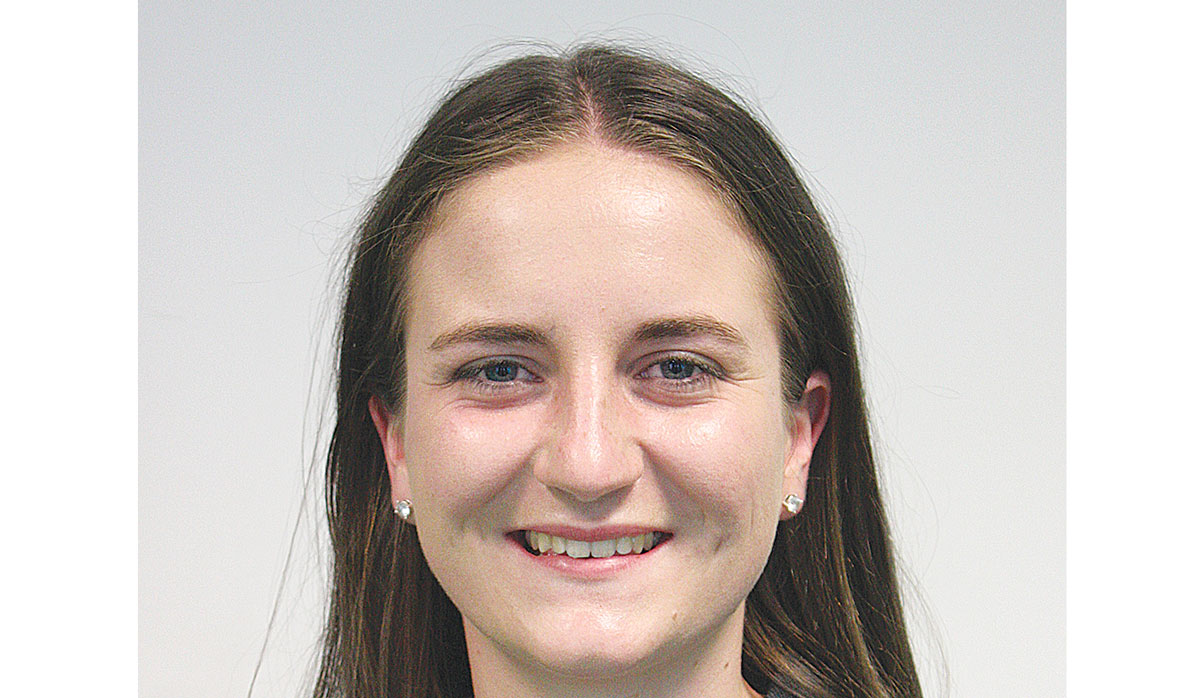DairyNZ Tests Heat Stress Solutions for Dairy Herds
New DairyNZ research will help farmers mitigate the impacts of heat stress on herds in high-risk regions of the country.
It's been a very challenging season for Taranaki dairy farmers, according to local DairyNZ consulting officer, Ashley Primrose.
She says farmers are describing the season as one where they are just keeping their heads above water.
She says it's been quite hard for them in terms of the unusually slow pasture grass growth which has seen some farmers taking up to a month later than normal to reach balance date.
Primrose says this was not the best way to start the season.
"As a result of the inconsistent pasture growth, not as much supplement - especially silage - was made as might have been expected," she told Dairy News.
"We have had periods of dry, which is pretty uncharacteristic for Taranaki, and then we had some massive rainfall events. The heavy downpour at Waitangi weekend was followed by another big rainfall event the following weekend with a result there was quite a bit of damage to farms around the coast," she says.
Primrose says what was unusual was that the whole of the province was affected by the weather events. She says, for example, Midhurst, which is known for its rainfall, suffered an unusually dry spell in January.
"The summer was odd," she says.
The heavy rain did a lot of damage around rivers with some riparian plantings washed away and bridges and culverts damaged. Primrose says some crops that were planted in February were damaged and some maize crops were affected by wind.
Covers around the province are a bit of a mixed bag, she says. She notes that some farmers started feeding out supplements that had been earmarked for winter use.
"This is a bit of a worry but people seem to have recognised this and have been buying in extra feed to make up that which they have used. Hopefully everyone has recognised the need to have sufficient supplements to last them through winter and have done something about this," she says.
Primrose says there has been quite a lot of chat about the price of supplements for next season - especially the likes of PKE.
 |
|---|
|
DairyNZ consulting officer Ashley Primrose. |
Despite the challenges around pasture growth, it appears that like most farmers around the country, few Taranaki farmers have dried off their herds and are milking on. This maybe because of the wait to get cull cows into the works. Primrose says the waiting time has been as long as six weeks.
"Some have managed to get stock away and DairyNZ has been encouraging people to make sure they had stock booked in ahead of time. But people have definitely had to hold onto stock longer than they would have liked," she says.
DairyNZ has also been encouraging farmers to get their cows condition scored and it would appear that across the board the scores are somewhere between four and four point five.
"Our key message to farmers is to make sure they have got feed for winter and into early spring before the grass starts to grow again and just keeping their cows in good condition," she says.
New Zealand and Chile have signed a new arrangement designed to boost agricultural cooperation and drive sector success.
New DairyNZ research will help farmers mitigate the impacts of heat stress on herds in high-risk regions of the country.
Budou are being picked now in Bridge Pā, the most intense and exciting time of the year for the Greencollar team – and the harvest of the finest eating grapes is weeks earlier than expected.
The Real Estate Institute of New Zealand (REINZ) has released its latest rural property report, providing a detailed view of New Zealand’s rural real estate market for the 12 months ending December 2025.
Rural retailer Farmlands has released it's latest round of half-year results, labeling it as evidence that its five-year strategy is delivering on financial performance and better value for members.
OPINION: "We are back to where we were a year ago," according to a leading banking analyst in the UK, referring to US president Donald Trump's latest imposition of a global 10% tariff on all exports into the US.
OPINION: Expect the Indian free trade deal to feature strongly in the election campaign.
OPINION: One of the world's largest ice cream makers, Nestlé, is going cold on the viability of making the dessert.